Today we live in a society, which can not imagine life without expressing views on social media. Probably it does have certain advantages. Nevertheless, many participants of active discussions have already forgotten or do not even know about the developments, which unfolded in Armenia 5, 10 or 15 years ago.
To fill the gap Mediamax presents 5/10/15 project, which introduce developments in Armenia 5, 10 and 15 years ago.
• 15 YEARS AGO: FEBRUARY 21-28, 2007
“Delicate topic”
On February 22 the Russian and German Foreign Ministers Sergey Lavrov and Frank-Walter Steinmeier discussed the issues of the settlement of the Nagorno-Karabakh conflict during their meeting in Berlin.
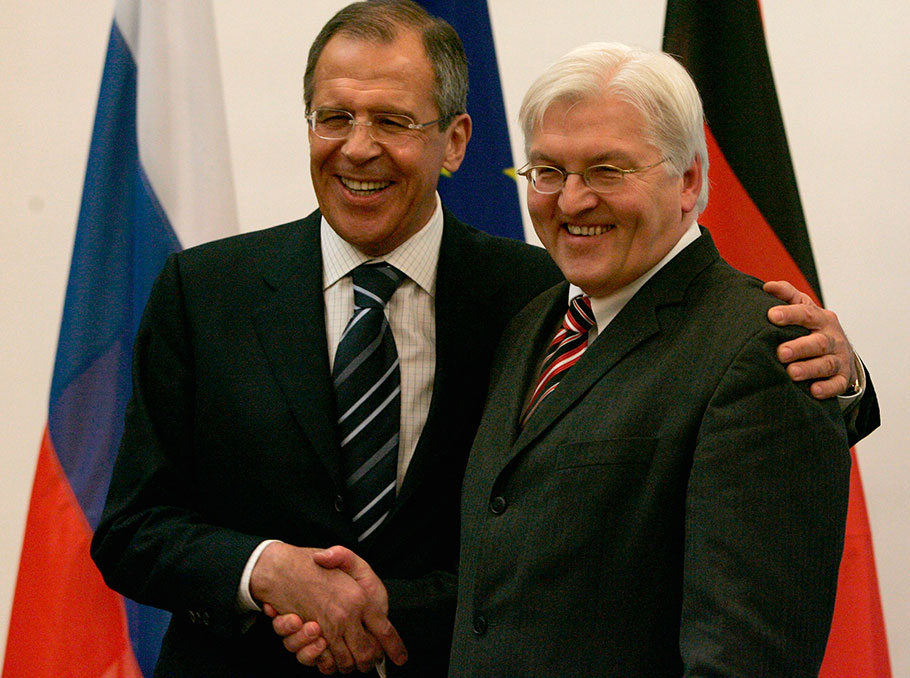 Sergey Lavrov and Frank-Walter Steinmeier in 2007
Sergey Lavrov and Frank-Walter Steinmeier in 2007Photo: REUTERS
“We exchanged opinions on the Karabakh settlement. It is a very delicate topic, and the role of the three mediators, who constantly work together with the sides, is to help Baku and Yerevan to reach agreements, which will be widely supported in Armenia and Azerbaijan,” Sergey Lavrov stated.
Georgian president impressed
On February 27 Georgian President Mikhail Saakashvili stated that he is “impressed by the economic growth of Armenia.”
The Georgian President said this, answering the question of Mediamax’s special correspondent during the discussion in the German Marshall Fund’s Transatlantic Center in Brussels.
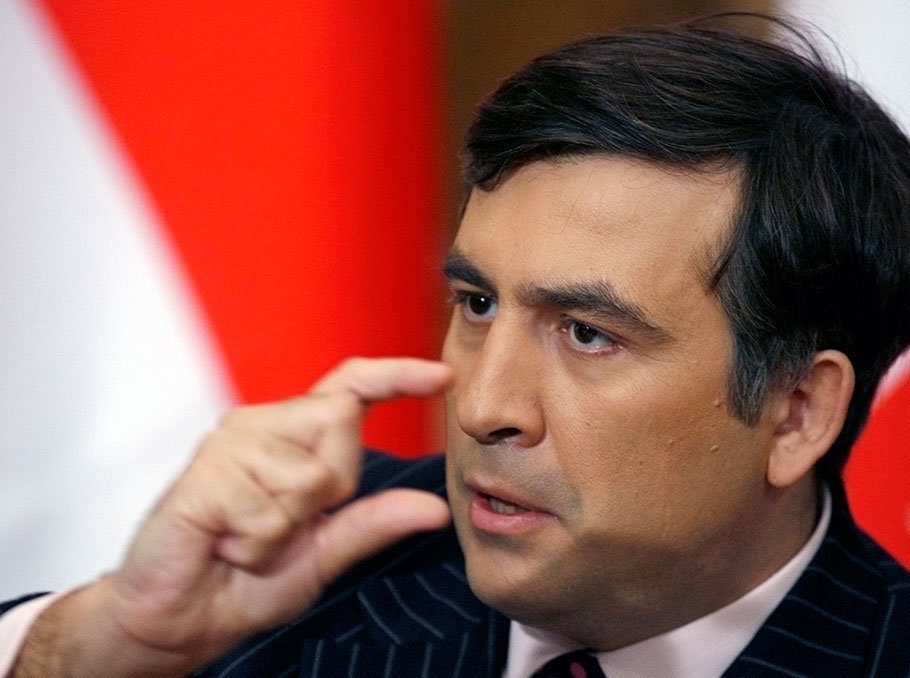 Mikhail Saakashvili in 2007
Mikhail Saakashvili in 2007Photo: REUTERS
“I am impressed by the development in your country and by the economic growth in Armenia. I am also impressed by the reforms that were undertaken,” the Georgian president stated.
• 10 YEARS AGO: FEBRUARY 21-28, 2012
“Post conflict scenarios for Nagorno-Karabakh”
On February 27 the EU Council expressed concern over the slow progress in the negotiations between Armenia and Azerbaijan over Nagorno-Karabakh conflict.
“The EU continues to support the OSCE Minsk Group and acknowledges in this context the efforts of the President of the Russian Federation Dmitry Medvedev to achieve progress in trilateral talks. The EU reiterates its support for the Madrid principles and calls on Armenia and Azerbaijan to step up their efforts to reach agreement on those principles as a basis for peace. EU expresses concern on increased tension along the Line of Contact and underlines the importance of urgent steps to implement the ceasefire and to adopt appropriate confidence building measures. The EU stands ready to provide enhanced support for confidence building measures, in support of and in full complementarity with the Minsk Group, with a view to facilitatingfurther steps towards the implementation of peace. In this regard, the EU underlines the need for unconditional access for representatives of the EU to Nagorno-Karabakh and surrounding regions. The Council invites the High Representative and the Commission to develop, in close consultation with the OSCE, post conflict scenarios for Nagorno-Karabakh as a basis for future EU engagement,” the conclusion of the Council of the European Union reads.
• 5 YEARS AGO: FEBRUARY 21-28, 2017
Armenia doesn’t ask “Moscow’s permission”
On February 22 Armenian Foreign Minister Edward Nalbandian said it is “incorrect” to assume that Yerevan “asks Russia for permission” to develop relations with the EU.
While answering the question of Deutsche Welle on whether Yerevan consults with the Russian authorities about the agreement, Nalbandian said:
“We negotiate openly with the European Union and other partners, and as a matter of fact, our politics and diplomacy are transparent. We don’t hold talks behind anybody’s back. Our President and I frequently and publicly spoke about the Agreement in the making with the European Union. Within alliance with the Russian Federation we undertook nothing contrary to development of our bilateral relations with the strategic partner. Any objections are unlikely,” the minister said.
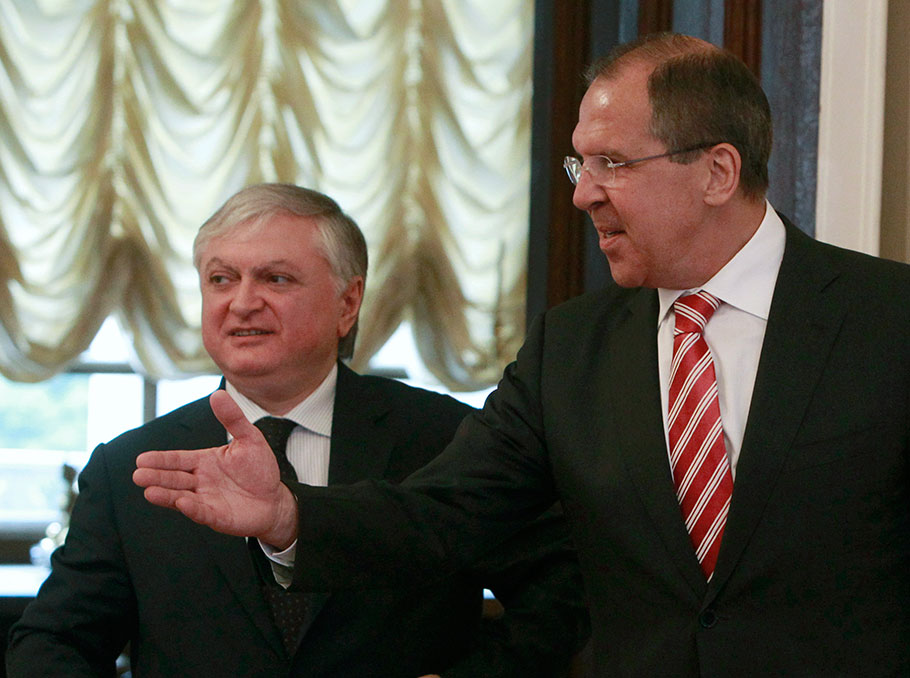 Edward Nalbandian and Sergey Lavrov
Edward Nalbandian and Sergey LavrovPhoto: REUTERS
Deutsche Welle reporter asked later on, “Do I comprehend your meaning correctly that you are not going to coordinate the papers you will sign with the EU?” and Minister Nalbandian replied:
“Your question has very strange implications, as if we need someone’s endorsement. I don’t think the question is proper. I explained that we pursue close and maximally strong relations with Russia and all other partners. As for the European Union, Ms Ashton and I exchanged corresponding letters as far back as during the Vilnius Summit, then we made the joint statement with the EU. When Ms Mogherini and I launched the negotiations on the agreement between the EU and Armenia, we stated clearly that both parties intend to advance the relations, going as far forward as possible in cooperation and partnership and taking into account Armenia’s commitments in other international integration processes. This matter is crystal clear.”
When Armenia might use “Iskander”
On February 22 Defense Minister of Armenia Vigen Sargsyan commented on the possibility of use of “Iskander” missile complexes by Armenia.
“The purpose and parameters of that weapon allow causing irreversible damage to the infrastructure of the country it’s used against. Therefore, decision on application of Iskander systems will be closely tied with the development of the situation. In any case, we consider it a weapon of a guaranteed impact, should the necessity arise. First, it’s a deterrent weapon. Obviously, the way the situation develops can dictate a change in approach, but principally, that kind of weapon should cool any hot head by its ideology and capacities,” the Minister said in an interview with RIA Novosti.
Karapetyan addresses to Armenian Diaspora
On February 27 Prime Minister of Armenia Karen Karapetyan addressed the Armenian Diaspora, inviting Diaspora leaders, cultural figures and compatriots with international recognition in spheres of education and science to take part in reformation of Armenia.
“Armenia’s geopolitical position and the challenges that the country faces today oblige us to be clever and use our competitive advantage in a smart way. Our society does not depend today on oil or gas, but rather on human input from Armenia itself, Diaspora and Artsakh. We invite Diaspora leaders, cultural figures and our compatriots with international recognition in spheres of education and science to take part in reformation of Armenia first of all by bringing in new culture of governance, knowledge and input of best Armenian specialists all around the world to serve all-Armenian goals. Armenian Diaspora is an important advantage for us. The failure to use the potential of our Diaspora would reflect egocentric and isolated attitude. The failure to provide our partners, youth and students with the opportunity to profit from the Armenian advanced mind would show our inefficiency in today’s fast-moving world. I am convinced that your direct participation will allow us to register soonest progress in the core sectors and develop leading systems in spheres of economy, healthcare, education throughout the region,” he said in the address.
The conflict is an “active” one
On February 27 President of Armenia Serzh Sargsyan remarked that the NK conflict is an “active” one.
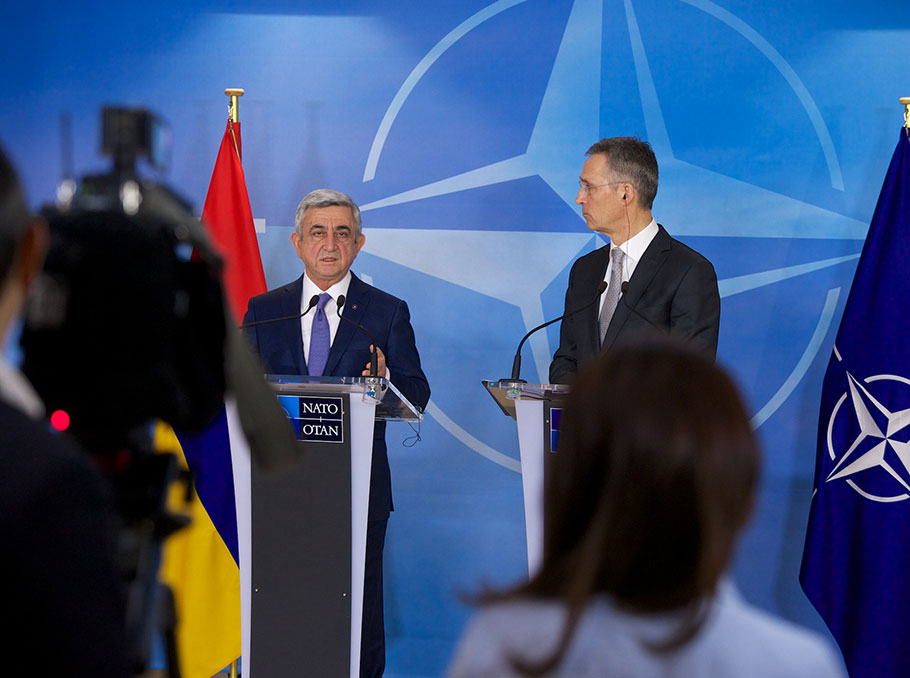 Serzh Sargsyan and Jens Stoltenberg
Serzh Sargsyan and Jens StoltenbergPhoto: NATO
At the joint press conference with NATO Secretary General Jens Stoltenberg the president said:
“The April war, followed by continuous regular shootings with the use of heavy artillery demonstrate that this conflict is an “active” one and today more than ever it is essential that the international community unite around a civilized settlement by supporting the efforts of the OSCE Minsk Group Co-Chair countries towards the peaceful settlement,” Serzh Sargsyan said.
Ara Tadevosyan
















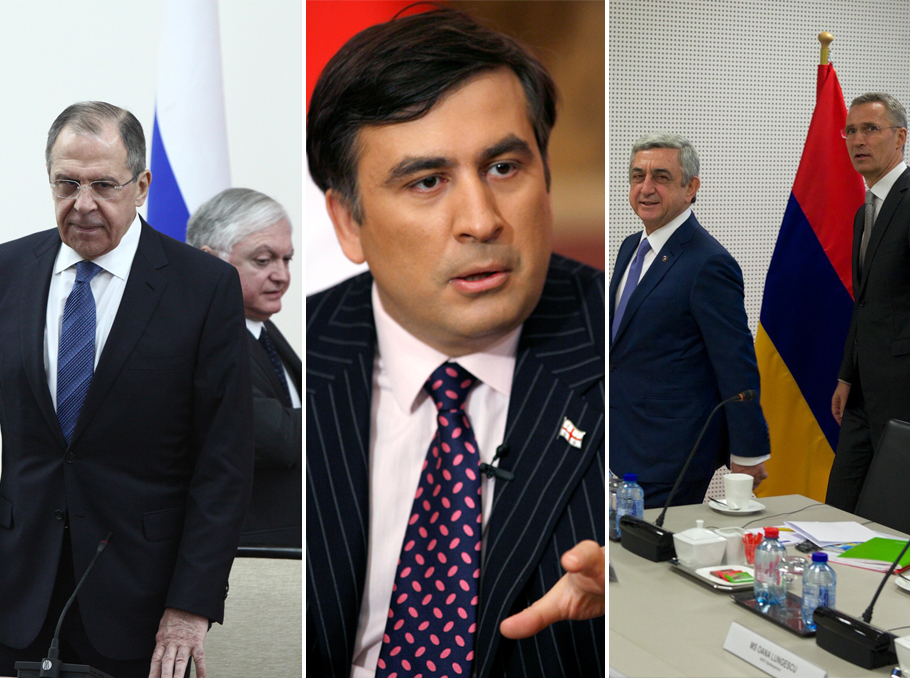
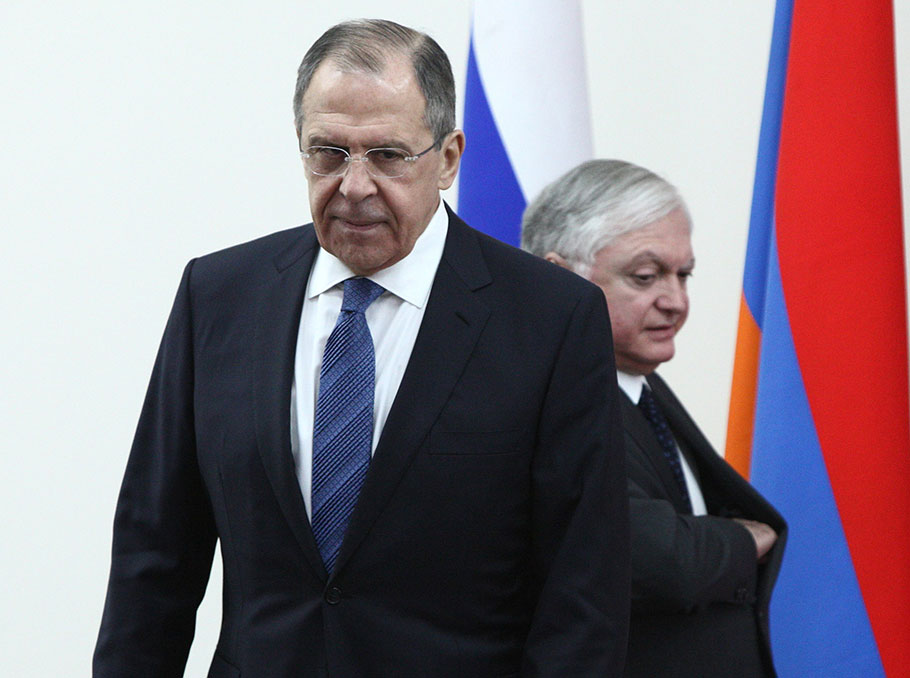

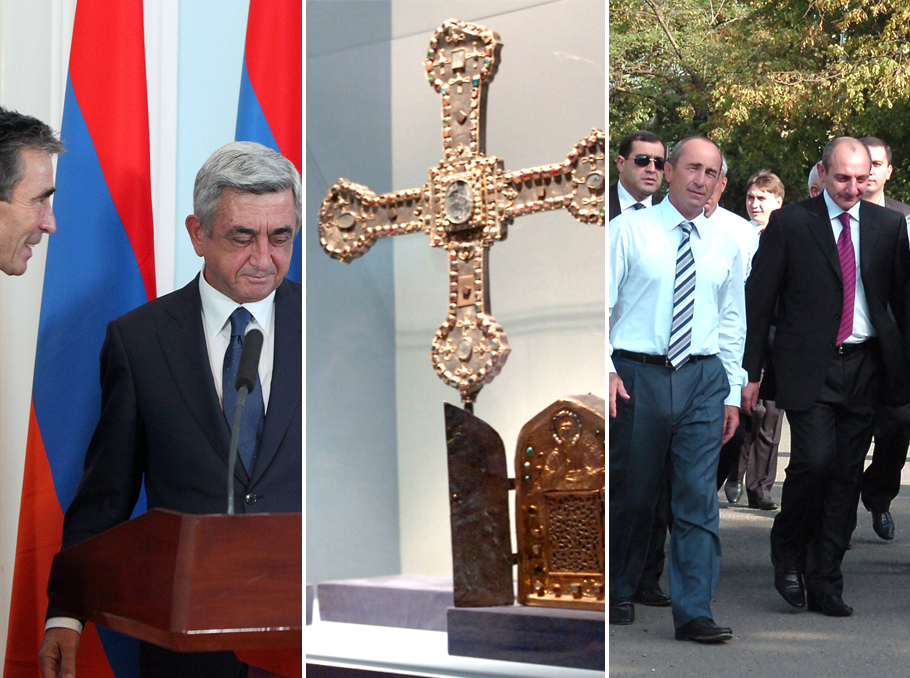
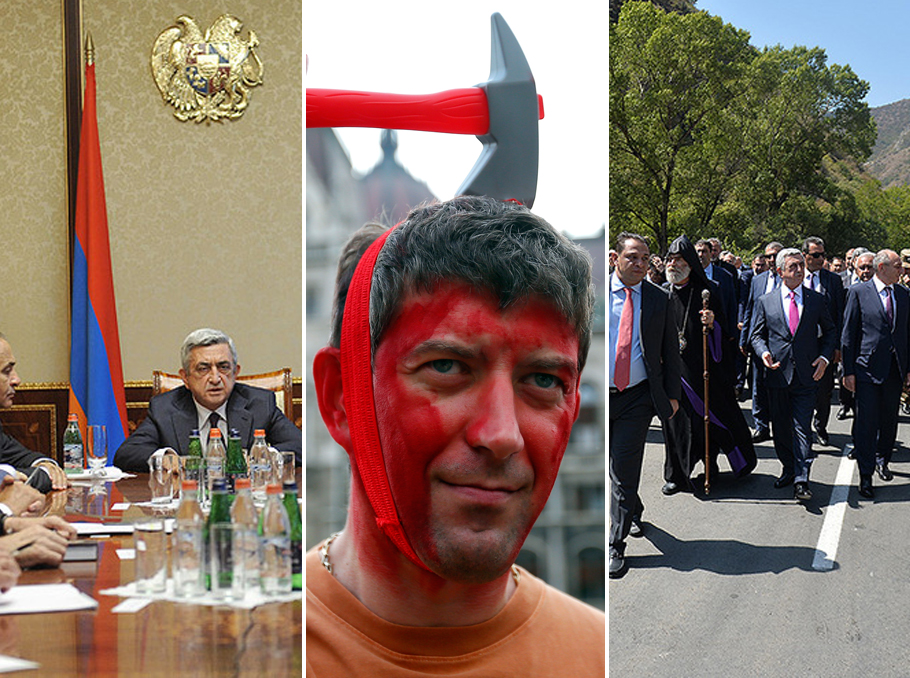
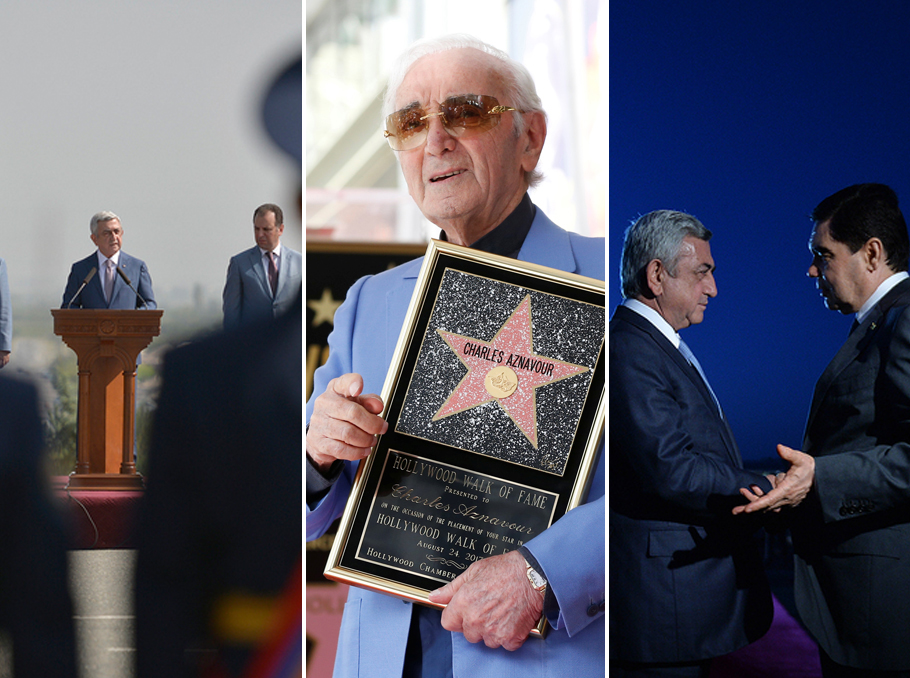
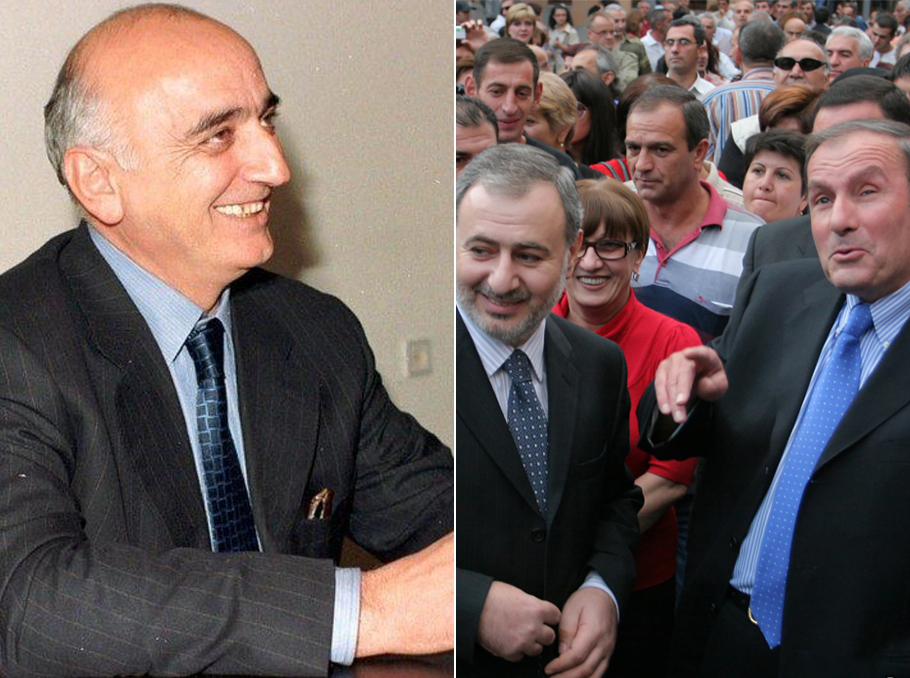
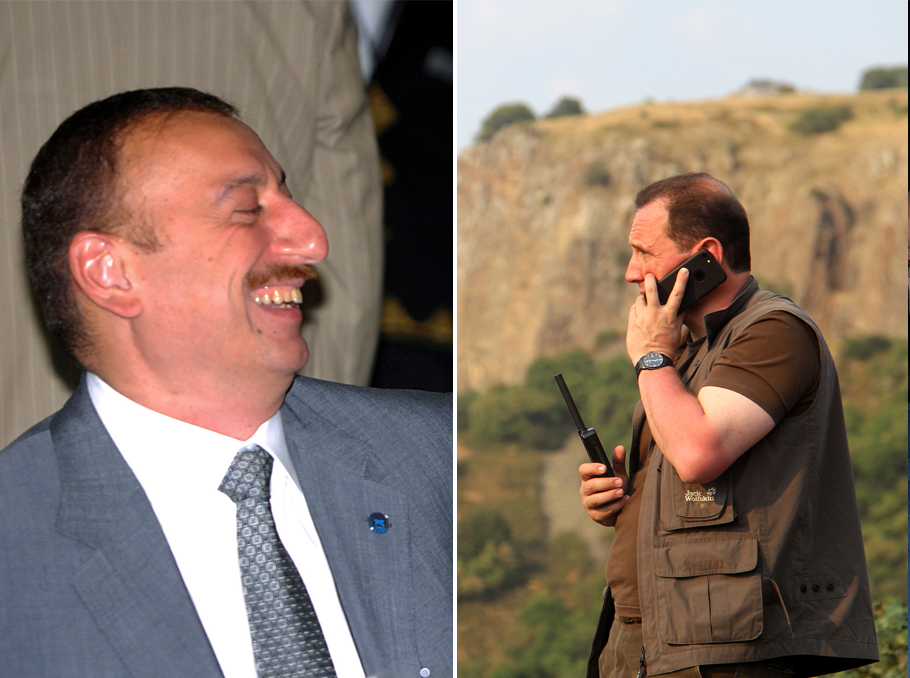






Comments
Dear visitors, You can place your opinion on the material using your Facebook account. Please, be polite and follow our simple rules: you are not allowed to make off - topic comments, place advertisements, use abusive and filthy language. The editorial staff reserves the right to moderate and delete comments in case of breach of the rules.